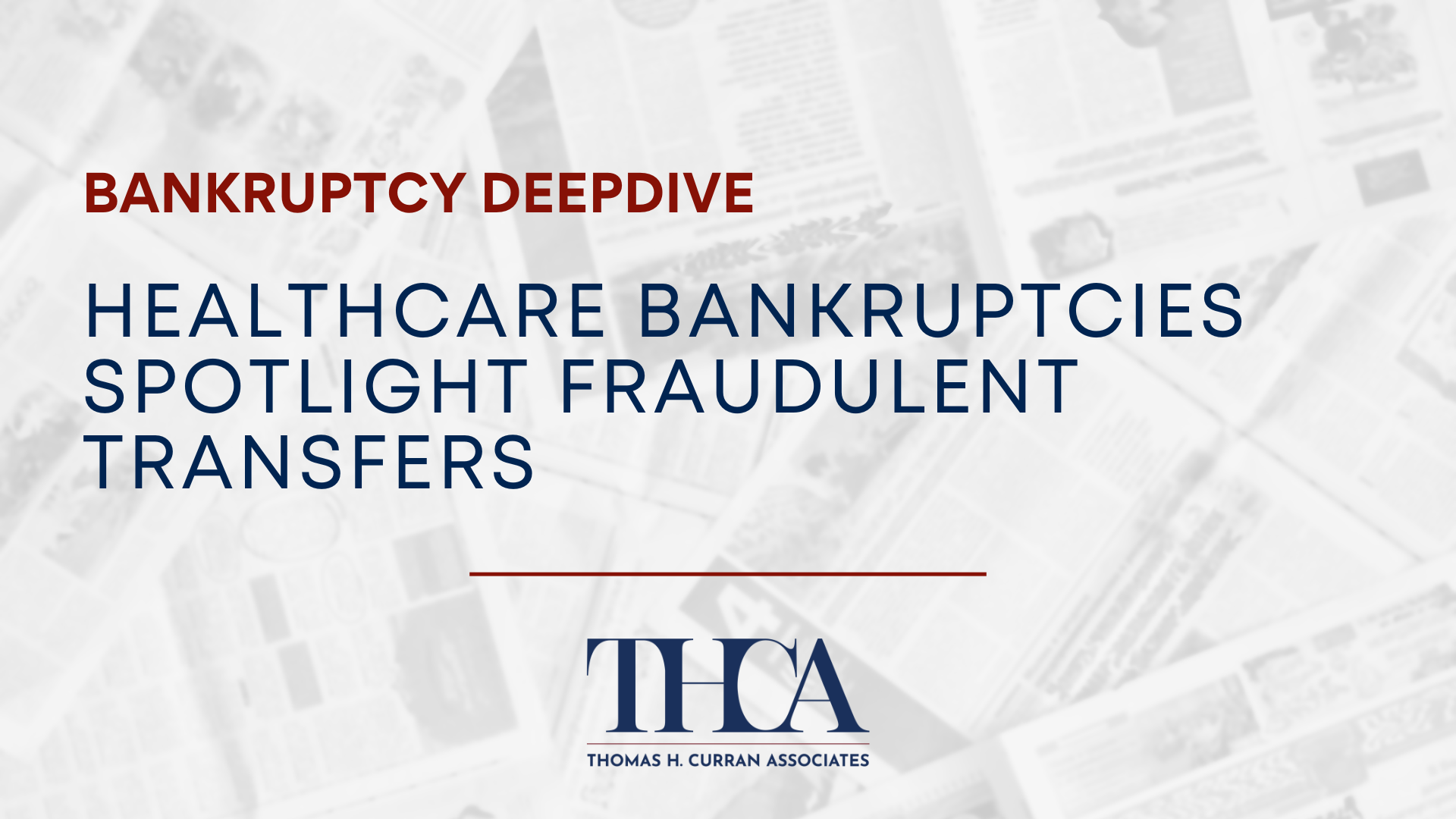The U.S. healthcare sector is under intense financial pressure in 2025, with bankruptcies rising among private hospital groups, nursing homes, and physician networks.
On January 11, 2025, Prospect Medical Group filed for Chapter 11 Bankruptcy protection in Dallas, Texas. The privately owned company reported $1 billion to $10 billion in liabilities and announced plans to sell its East Coast Hospitals while refocusing operations in California, where it continues to run seven facilities and employ over 9,000 healthcare providers.
Prospect’s filing follows years of debt accumulation and asset restructuring under the private equity ownership of Leonard Green & Partners. According to Reuters, the company was cited by a bipartisan U.S. Senate panel for prioritizing “profits over patients.” A January 7 Senate Budget Committee report found that, under Green’s ownership, Prospect sold its real estate to an investment firm and took out a $325 million loan to make payments to shareholders. These transactions left Prospect burdened with heavy debt and rising rent costs.
Entering bankruptcy, Prospect announced a deal to sell two Rhode Island hospitals to the Centurion Foundation, a nonprofit specializing in real estate financing to nonprofit institutions. The company also intends to divest from Crozer-Chester Medical Center in Pennsylvania while continuing a $745 million sale of one California hospital and related assets to Astrana Health.
Prospect’s collapse has also drawn state-level scrutiny. The Pennsylvania attorney general sued the company in 2024, alleging that it diverted $450 million to private investors, shuttered two hospitals, and added $35 million in annual rent obligations following its real estate sale. These allegations reflect broader concerns about asset transfers that may impair healthcare providers’ ability to meet operational and creditor obligations.
The Prospect case illustrates how pre-bankruptcy asset transfers and leveraged recapitalizations can shape subsequent insolvency proceedings. For creditors and trustees, such transactions warrant close examination as possible fraudulent transfers, particularly where insider enrichment and diminished asset value coincide.
THCA represents creditors and trustees in aggressive fraudulent transfer litigation, particularly in healthcare-related bankruptcies where regulatory and operational issues collide.
For more information, please contact us at +1 (617) 207-8670 or visit https://thcalaw.com/contact/.

